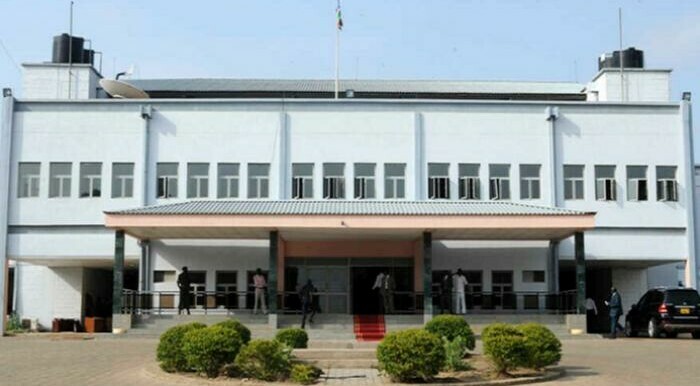A two-day consultative process on the Wildlife Conservation and Protected Areas Bill for 2023 commenced at the Transitional National Legislative Assembly (TNLA) on Thursday. The aim is to gather input from stakeholders.
The proposed legislation focuses on the conservation, preservation, and protection of wildlife species and their habitats to promote ecological balance and biodiversity.
The consultative session, organized by the Committee for Wildlife Conservation and Tourism in the National Parliament, brought together representatives from various institutions, including the Ministry of Wildlife and Tourism.
Khemis Adiang Deng, the Director General of the Ministry of Wildlife Conservation and Tourism, addressed the participants, emphasizing that the bill was drafted from a South Sudanese perspective. He expressed the view that it would not be appropriate for South Sudan to adopt laws designed in other countries like Uganda, Kenya, or Tanzania.
He urged caution when considering incorporating foreign versions of laws, questioning the idea of involving foreign consulting firms. He stated, “Whatever is designed elsewhere may not necessarily be suitable for us. We are a nation with our own culture and specialized expertise. We should not agree to incorporate anything they have suggested.”
Deng suggested that if consultation is needed, local institutions like the University of Juba, with its School of Wildlife, and other partners could provide valuable advice.
The Director General highlighted the challenges faced in wildlife protection, including the perception of wildlife as a food source and the issue of poaching. He mentioned that the draft Act aims to regulate wildlife capture, hunting, and trade while addressing these challenges.
Joseph Duku, a member of parliament and one of the participants, pointed out that the root of the problem does not necessarily lie with the MPs. He highlighted that, on occasion, issues stem from the law drafting department, particularly within the ministries.
Duku alleged that there have been instances where bills, if not thoroughly reviewed by the Ministry of Justice, might contain numerous grammatical errors by the time they reach parliament. He clarified the role of parliamentarians, emphasizing that they are not responsible for the actual drafting of laws; instead, their primary duty is to ensure that the enacted laws effectively serve the interests of the people.
He illustrated the importance of precise drafting by recalling an incident during his tenure as the chair of a committee when a bill had to be returned due to language discrepancies.
Duku underscored, “The drafting phase is of utmost importance. We, as parliamentarians, are not tasked with the actual drafting; our focus centres on the content and the subject matter of the law.”




